#Françoise Fabian
Explore tagged Tumblr posts
Text





ma nuit chez maud (1969)
#ma nuit chez maud#my night at maud's#film#movie#cinema#art#edit#screencaps#photography#cinematography#60s#éric rohmer#jean louis trintignant#françoise fabian
73 notes
·
View notes
Text

Jean-Pierre Marielle, Françoise Fabian, Jean-Paul Belmondo, Pierre Vernier, Pierre Hatet, candidats aux concours du Conservatoire. à Paris, en 1954.
98 notes
·
View notes
Text

Die Weibchen (1970) - Italian poster
AKA Females; Little Women
#die weibchen#females#uschi glas#irina demick#françoise fabian#george ardisson#1970s horror#1970s movies#70s movies#1970#zbynek brynych#movie posters
110 notes
·
View notes
Text
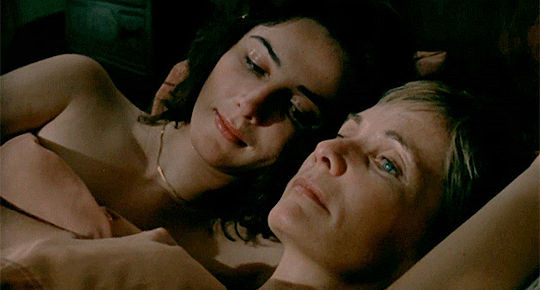
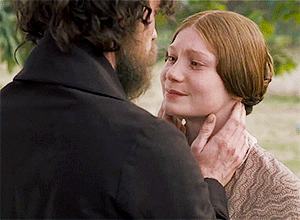



TOP 5 FIRST-TIME WATCHES OF JUNE 2024 1. LIANNA (1983, dir. John Sayles) 2. JANE EYRE (2011, dir. Cary Joji Fukunaga) 3. PRIDE (2014, dir. Matthew Warchus) 4. FANCY DANCE (2023, dir. Erica Tremblay) 5. ROSE (2021, dir. Aurélie Saada)
#ranking list#lianna#jane eyre#pride#fancy dance#erica tremblay#rose#aurélie saada#woman director#linda griffiths#jane hallaren#isabel deroy olson#lily gladstone#mia wasikowska#françoise fabian
54 notes
·
View notes
Text

Ma Nuit Chez Maud (1969)Directed by Éric Rohmer.
#eric rohmer#romance#comedy#french cinema#ma nuit chez maud#françoise fabian#jean louis trintignant#french actors#my night at maud's#french movie#european cinema
17 notes
·
View notes
Text

French actress Françoise Fabian on a vintage postcard
#postcard#ansichtskarte#briefkaart#franoise#photography#carte postale#vintage#postkarte#photo#historic#postkaart#ephemera#fabian#sepia#actress#french#françoise fabian#tarjeta#postal
18 notes
·
View notes
Text










1956 Brigitte Bardot in early career
7 notes
·
View notes
Text

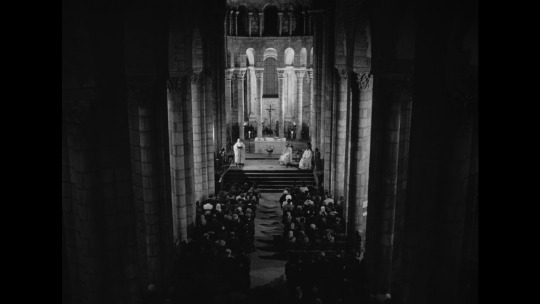

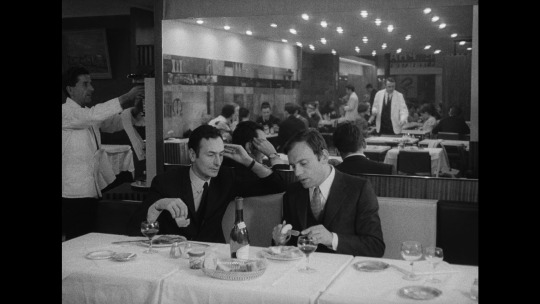



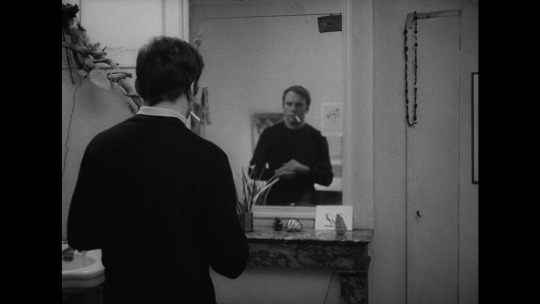
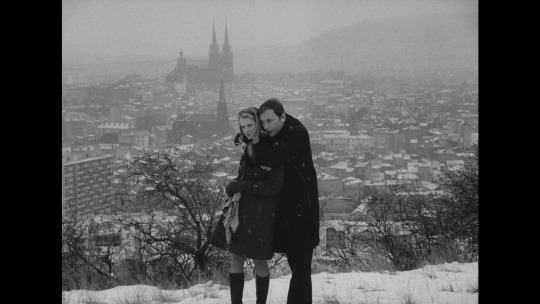
Ma Nuit Chez Maud
1969
Eric Rohmer
#movie#french movie#My Night at Maud’s#Marie-Christine Barrault#Françoise Fabian#éric rohmer#1969#60's#eric rohmer#Jean-Louis Trintignant#My Night at Maud#Ma nuit chez Maud
16 notes
·
View notes
Text
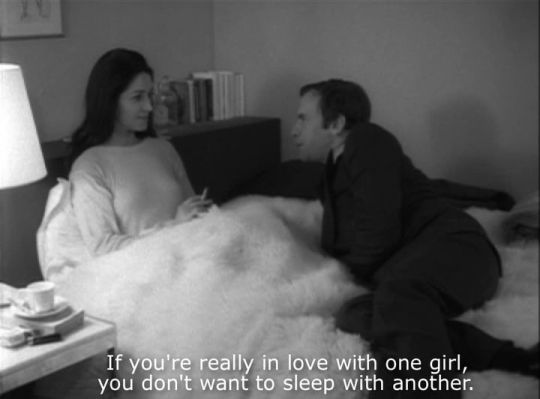
My Night at Maud's (1969), dir. Éric Rohmer
23 notes
·
View notes
Text

Françoise Fabian
27 notes
·
View notes
Photo
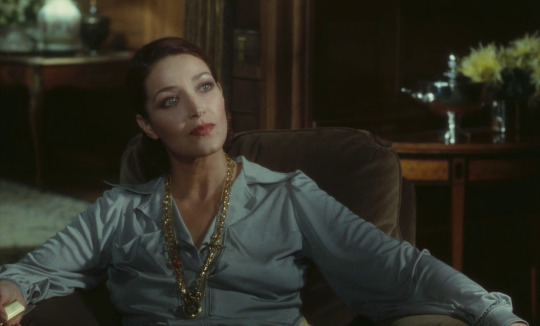
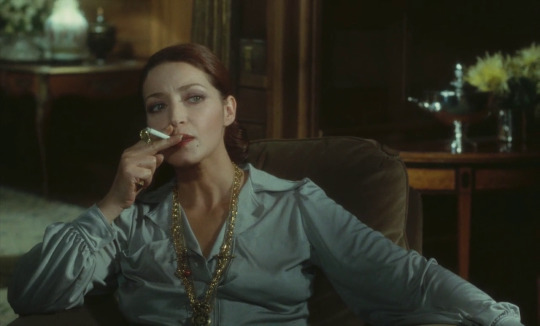
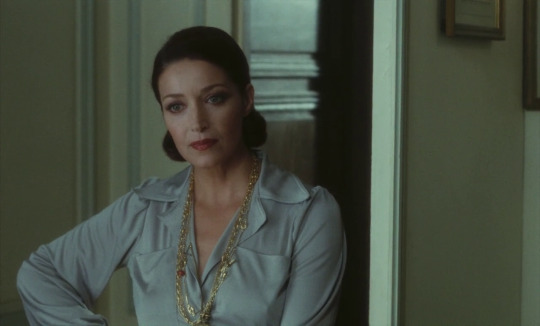
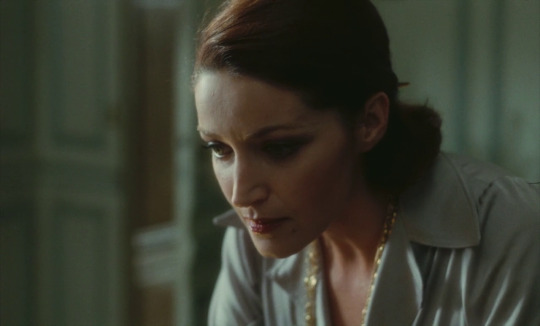
Madame Claude (Just Jaeckin, 1977)
19 notes
·
View notes
Text


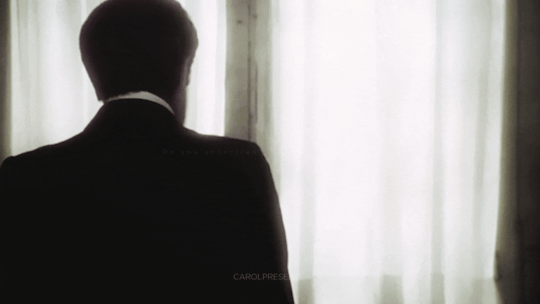

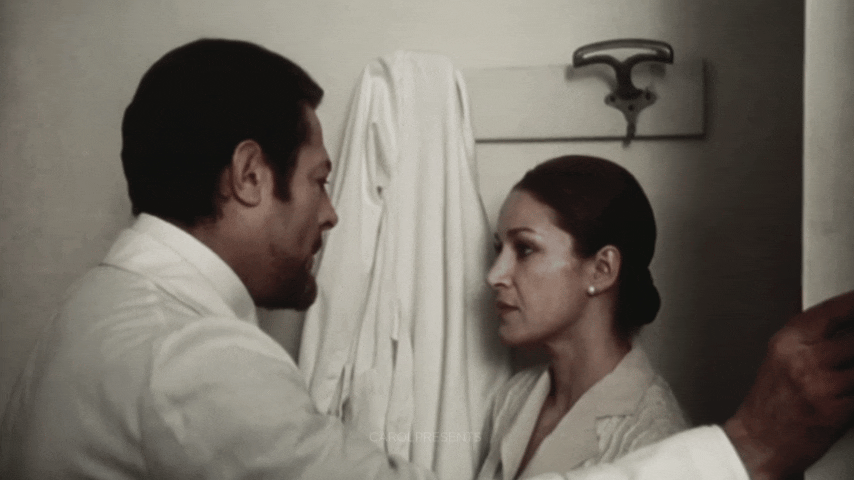

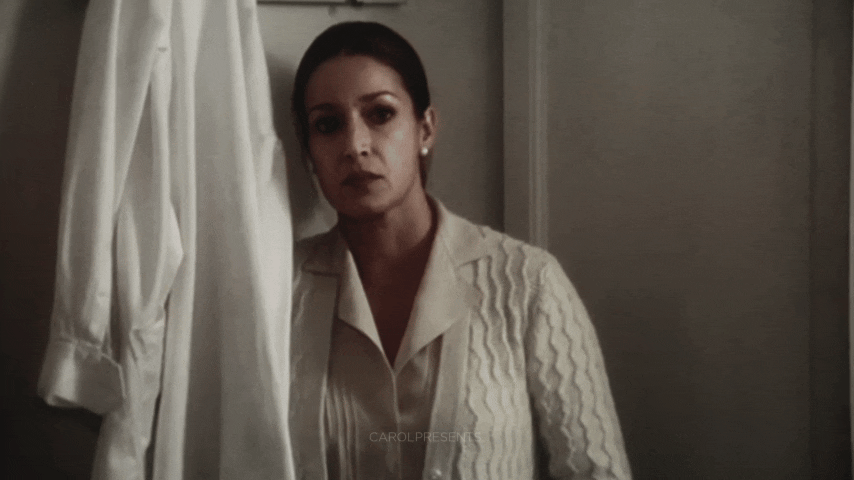



Per le antiche scale 1975 | Gifset 👆🏻
#Marcello Mastroianni#Françoise Fabian#Per le antiche scale#Italian cinema#classics#movie#film#love#poster#redbubble#clip editing#Italy#barbara bouchet#Silvano tranquilli#marthe keller#lucia bosè
4 notes
·
View notes
Text
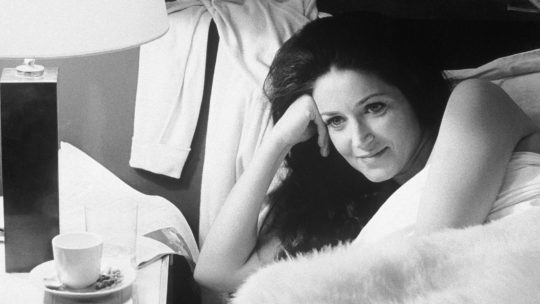
Françoise Fabian in My Night at Maud's (Éric Rohmer, 1969)
Cast: Jean-Louis Trintignant, Françoise Fabian, Marie-Christine Barrault, Antoine Vitez, Léonid Kogan, Guy Léger, Anne Dubot. Screenplay: Éric Rohmer. Cinematography: Néstor Almendros. Production design: Nicole Rachline. Film editing: Cécile Decugis.
A moral tale: Once upon a time, a brave and chaste knight saw a fair young lady in church, and wished that she were his. The devil, hearing this, arranged for the knight to be tempted by a beautiful sorceress. But when the knight resisted the carnal temptations of the sorceress, he was rewarded with the love and the hand of the fair young lady. Éric Rohmer's moral tale: Jean-Louis (Jean-Louis Trintignant), an engineer who has recently moved to Clermont-Ferrand, is an intellectual Catholic, determined at the age of 34 to settle down and get married after several failed love affairs. At mass one day he sees a beautiful young woman (Marie-Christine Barrault), and longs to get to know her. Leaving the church, he sees the woman get on a moped, and he follows her in his car until they are separated by traffic. Jean-Louis runs into an old friend, Vidal (Antoine Vitez), a philosophy professor and a Marxist, who takes him to see his friend, Maud (Françoise Fabian), a divorcee. Vidal gets drunk and leaves early, and when it begins to snow heavily, Jean-Louis stays to spend the night with Maud. But they do little more than talk -- about his Catholicism, about the philosophy of Pascal, about his life and hers. She and her husband were unfaithful to each other, and her lover was killed when his car skidded on the ice -- one reason she forbids Jean-Louis to drive in the snow. They literally sleep together: She in the nude, he fully clothed and wrapped in a coverlet she lends him, though both are in the same bed. In the morning he makes a pass at her that she brushes off, and as he looks out the window he sees the young woman he saw at mass, and runs out to introduce himself to her. Her name is Françoise, and she is a student at the university where Vidal teaches. They make a date for later in the day, and afterward he drives her home to her student apartment. Stuck in the snow again, he spends the night, but not in her room: She gives him a key to the apartment of another student who is away. Five years later, they are married and taking their young son to the beach, when they meet Maud on the path. Jean-Louis realizes from Françoise's reaction that she knows Maud -- in fact, Françoise, who has confessed that she had an affair with a married man, may have been the lover of Maud's husband. This is the third of Rohmer's "Six Moral Tales," and perhaps the most successful: It was nominated for Oscars for Rohmer's screenplay and as the best foreign-language film. But a lot of critics and viewers found it insufferably talky in that peculiarly French over-intellectualized way -- a curious objection to a film that features four attractive actors and a strong emphasis on sex. And the talk is far wittier than anything you're likely to hear in a movie today.
4 notes
·
View notes
Text
Movie Review ~ Rose
Rose Synopsis: When Rose, 78, loses her husband, her grief inspires her to live as fully as possible. Her children disapprove, forcing them all to confront what it means to redefine oneself later in life.Stars: Françoise Fabian, Aure Atika, Grégory Montel, Damien Chapelle, Pascal ElbéDirector: Aurélie SaadaRated: NRRunning Length: 102 minutes Review: Some films about aging focus on loss and…
#Aure Atika#Cohen Media Group#Comedy#Damien Chapelle#Françoise Fabian#French#Grégory Montel#Pascal Elbé#Rose
0 notes
Text





Françoise Fabian in How to Kill a Judge (1975)
52 notes
·
View notes


